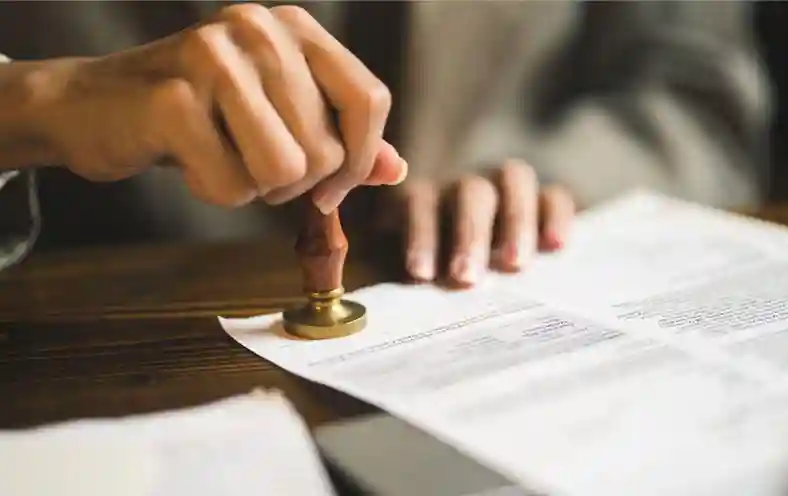If you’ve ever needed to submit documents abroad, you’ve probably encountered the term apostille. But what is an apostille, and why is it so essential? For individuals and businesses in Charlotte dealing with international paperwork, understanding the apostille process is crucial to ensuring your documents are recognized and accepted abroad.
What Is an Apostille?
An apostille is a form of authentication for documents that are being used internationally. It certifies the validity of the document and the official who signed it, making it legally acceptable in countries that are part of the Hague Apostille Convention. This process replaces the traditional method of document legalization, which involved multiple levels of verification through embassies or consulates.
For example, an apostille may be required for:
- Birth and marriage certificates for dual citizenship applications.
- Business contracts used overseas.
- Educational diplomas for international jobs or universities.
- Power of attorney forms for international legal matters.
When Do You Need an Apostille?
You’ll need an apostille if:
- You’re submitting documents to a country that’s part of the Hague Apostille Convention.
- The documents are official, such as vital records, notarized contracts, or diplomas.
- The receiving country requires it as proof of authenticity.
How Does the Apostille Process Work in the U.S.?
The apostille process involves several steps to ensure your document is legally recognized abroad:
- Notarization: If your document isn’t already notarized, you’ll need to have it notarized by a certified notary public.
- County Clerk or State Secretary: In most cases, the notary’s signature must be verified at the state level, usually by the Secretary of State’s office.
- Apostille Issuance: Once verified, the apostille is attached to your document by the Secretary of State.
For example, in North Carolina, the Secretary of State handles apostille requests for documents issued within the state.
Common Challenges and Tips
While the apostille process is straightforward in theory, there are some common pitfalls to avoid:
- Incomplete notarization: Ensure your documents are notarized properly before submitting them for an apostille.
- Document ineligibility: Only specific types of documents qualify for an apostille. Make sure yours meets the criteria.
- Timing: Apostilles can take time, so plan ahead if you have tight deadlines for submitting international paperwork.
How to Make the Process Easier
To simplify the process, you can rely on services that specialize in document preparation, notarization, and apostille facilitation. These services ensure all steps are completed correctly, saving you time and reducing the risk of errors.
Whether you’re submitting documents for international business, education, or personal reasons, understanding the apostille process is essential. By following the proper steps and ensuring your documents are notarized and authenticated, you can avoid unnecessary delays and ensure your paperwork is accepted in the receiving country.






